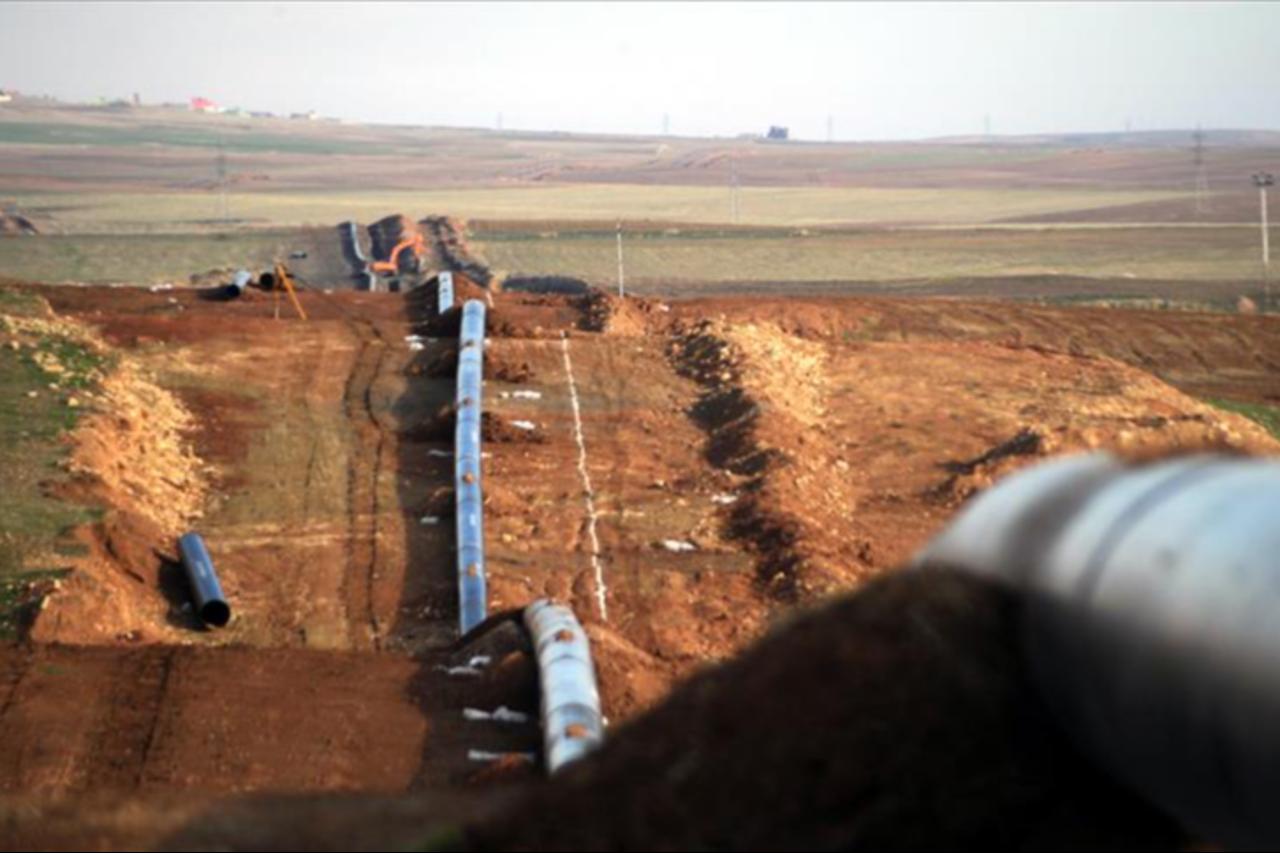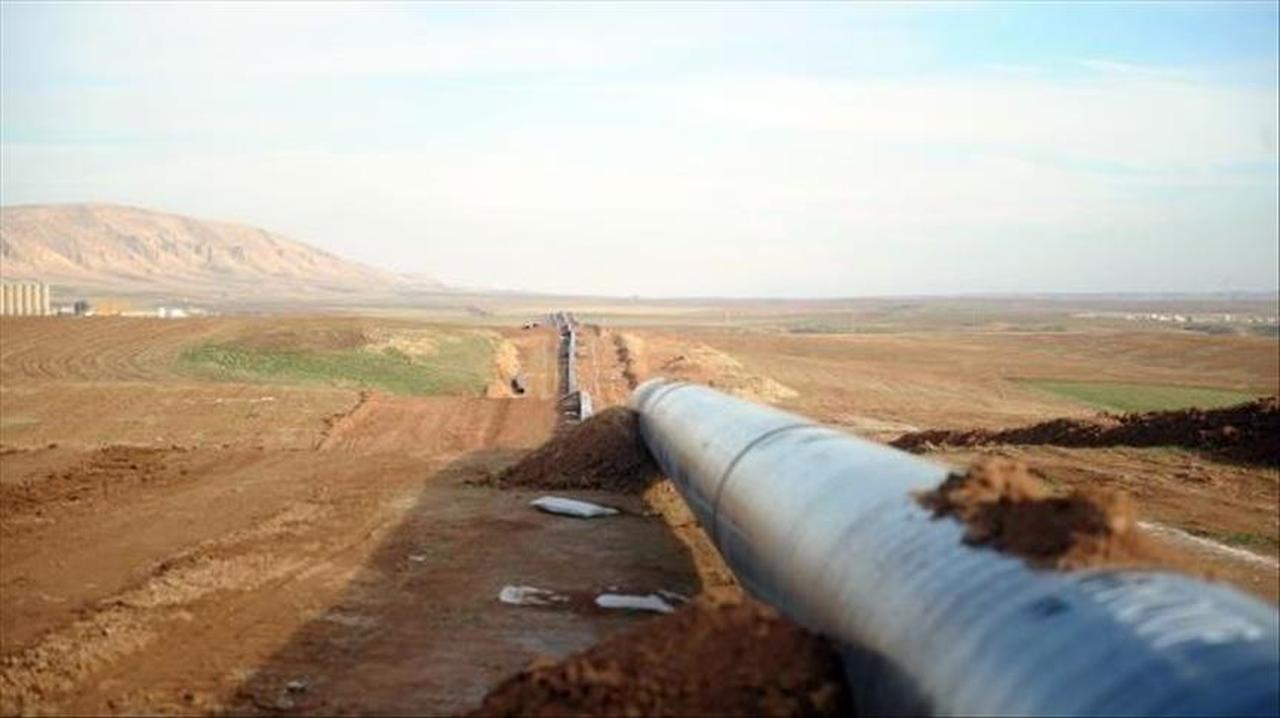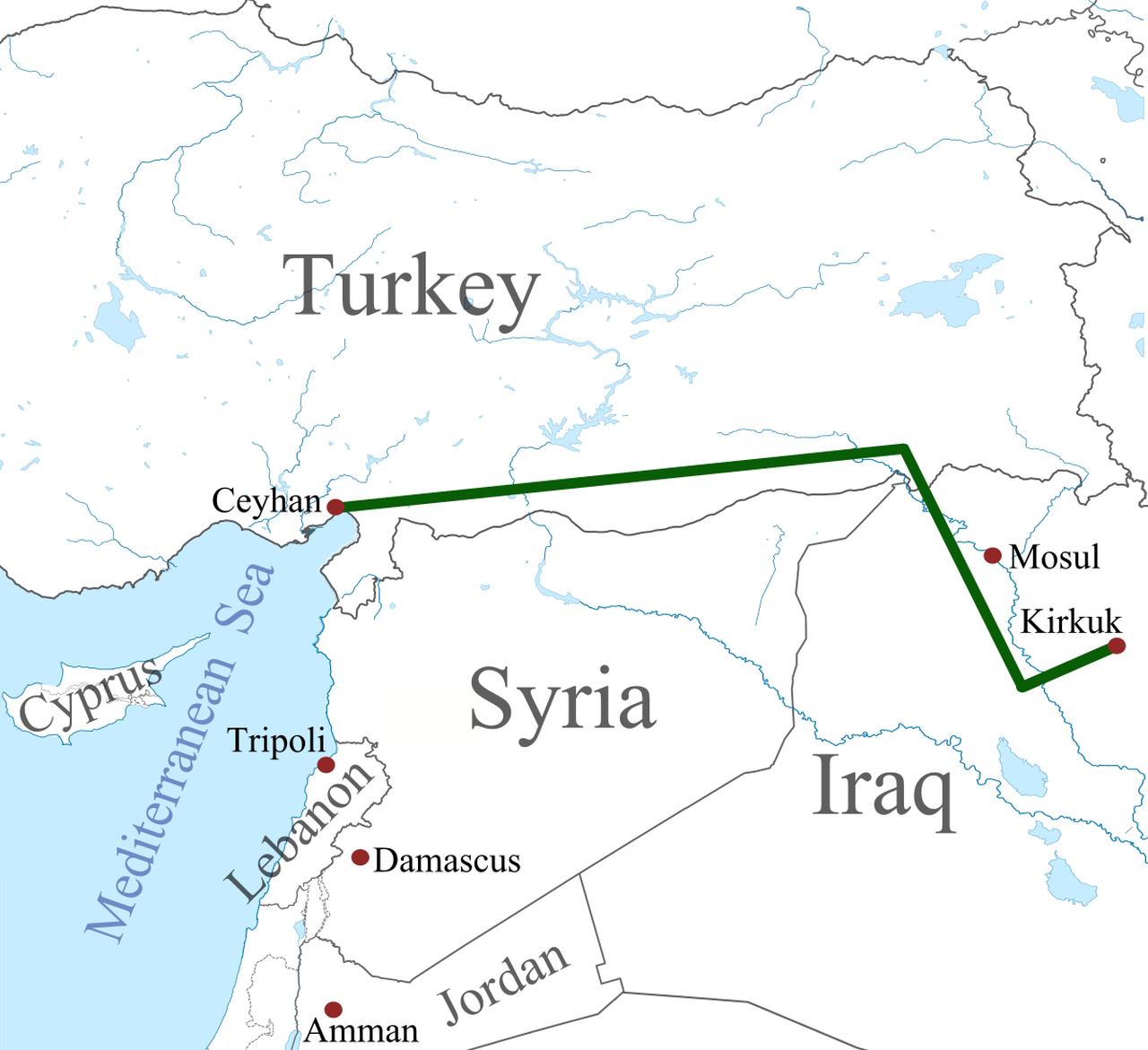
Türkiye officially announced Monday that the long-standing crude oil pipeline agreement with Iraq, signed in 1973, will expire in 2026.
The decision was published in the Official Gazette, following a presidential decree by President Recep Tayyip Erdogan.
According to the announcement, the original agreement signed on July 27, 1973—along with all related protocols, annexes, and extensions—will cease to be valid as of July 27, 2026.
The 1973 agreement laid the groundwork for theKirkuk-Ceyhan Crude Oil Pipeline. This vital infrastructure project facilitated the transportation of millions of barrels of Iraqi oil to the Turkish Mediterranean port of Ceyhan. Over the decades, the agreement was periodically updated to reflect changing technical and political conditions, with major amendments introduced in 1976, 1981, 1986, and most recently in 2011.
Originally ratified through a Turkish cabinet decree in 1975, the pipeline deal has been a cornerstone of Türkiye-Iraq energy relations for over 50 years.

A pivotal amendment came in September 2010, when the two countries extended the deal for 15 more years. The update also introduced provisions for resolving commercial disputes under French law and according to the rules of the International Chamber of Commerce (ICC) in Paris.
This legal framework later played a central role in arbitration proceedings triggered by the autonomous Kurdistan Regional Government’s (KRG) oil exports via the pipeline.
KRG began exporting oil independently through the Kirkuk-Ceyhan line, prompting the Iraqi central government in Baghdad to file an arbitration case against Türkiye in 2014. Baghdad argued that KRG’s unilateral exports violated Iraq’s constitution and claimed Türkiye overpaid for oil deliveries.
In March 2023, the arbitral tribunal ruled in favor of Iraq, ordering Türkiye to pay $1.4 billion in damages due to underpriced oil sales and excessive transport fees.

Oil exports through the Kirkuk-Ceyhan pipeline have been suspended since March 25, 2023, when the arbitration ruling was issued. The halt in crude flow caused economic losses estimated at $20 billion for Iraq, according to KRG Prime Minister Masrour Barzani.
Efforts to resume exports have gained momentum in 2025, with the Iraqi Council of Ministers approving a new oil agreement between the federal government and KRG on July 17. The deal, which includes measures to subsidize production costs and set a fixed transport fee of $16 per barrel, is seen as a key step toward reopening the pipeline.
With the 1973 agreement set to expire in 2026, both Ankara and Baghdad are expected to engage in negotiations to redefine the legal framework governing cross-border energy cooperation.